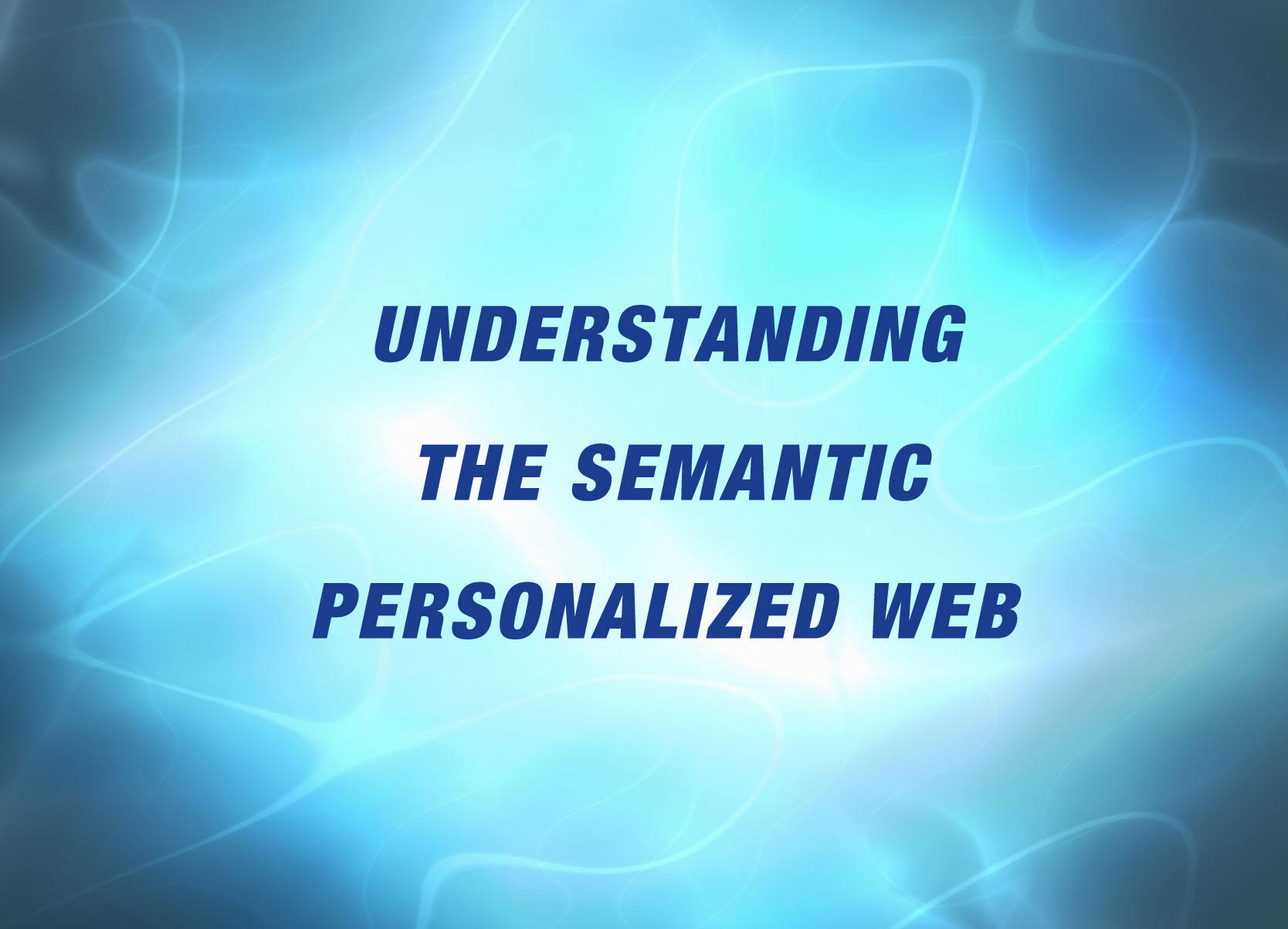Semantic Web and Semantic Search are both terms which are getting a lot of attention in the online world, and particularly in advertising. At their essence, both of these terms refer to the notion of an individual’s online experience being tailored, or personalized, particularly for them. The web is moving from being a place of generic information to a place of answers, where who you are plays a central role.
Semantic Search is Personalized Search
So, Semantic Search is a personalized form of search – semantic search tries to understand exactly the information you’re looking for so that the search can answer your question. This differs from the traditional search operations of the past, which primarily sought to match your keywords with keywords in web content, thereby giving you a list of sites that you might be interested in. Everyone who typed in the same keywords would see the same results in this older search model. Semantic Search is now providing us with meaningful, personalized results that have the goal of actually answering the questions we ask. The author of Google Semantic Search, David Amerland, says of the semantic web, “It marks the transition into a new phase of the Web, where we stop searching and start finding.” (http://www.forbes.com/sites/netapp/2013/07/23/semantic-web-big-data/)
What does this semantic search actually look like in practice? Let’s say a person searches: “What’s the best Sushi restaurant in New York?” A semantic result to this question would take into account information about what the searcher’s friends consider to be the best Sushi restaurant, what the best reviews are saying, and what the critics have said. The result would be tailored for the searcher. The results may not contain the keyword, “best Sushi restaurant in New York,” but given Google’s understanding of the intent behind the search, the answers given would better answer the question asked. Depending on other factors like the time of day and the searcher’s exact location, the results may change from information about Sushi restaurants to perhaps reservation numbers for places close by.
Understanding the Semantic Web
Because of factors like those we saw in the example above, it’s very important for business to understand the semantic web, how it functions, and what their place is in it. Any business can show up in these searches, regardless of whether they have a website, how old they are, or if they are ready to be seen by everyone. Even with very little or no online presence, the semantic web can drive new customers to any business. The data on every business is constantly growing, so one big thing businesses can all do to ensure best results in the semantic web is making sure the information about them online is current and accurate.
The web is becoming increasingly personalized every day – by understanding the semantic web, businesses will ensure they are positioned to make the most out of this development cycle. However, understanding is only half the battle. To really engage the semantic web, businesses need to know how they can take advantage of the semantic web.
Check out our next post! We outline exactly how businesses can take advantage of all that the semantic web has to offer.






